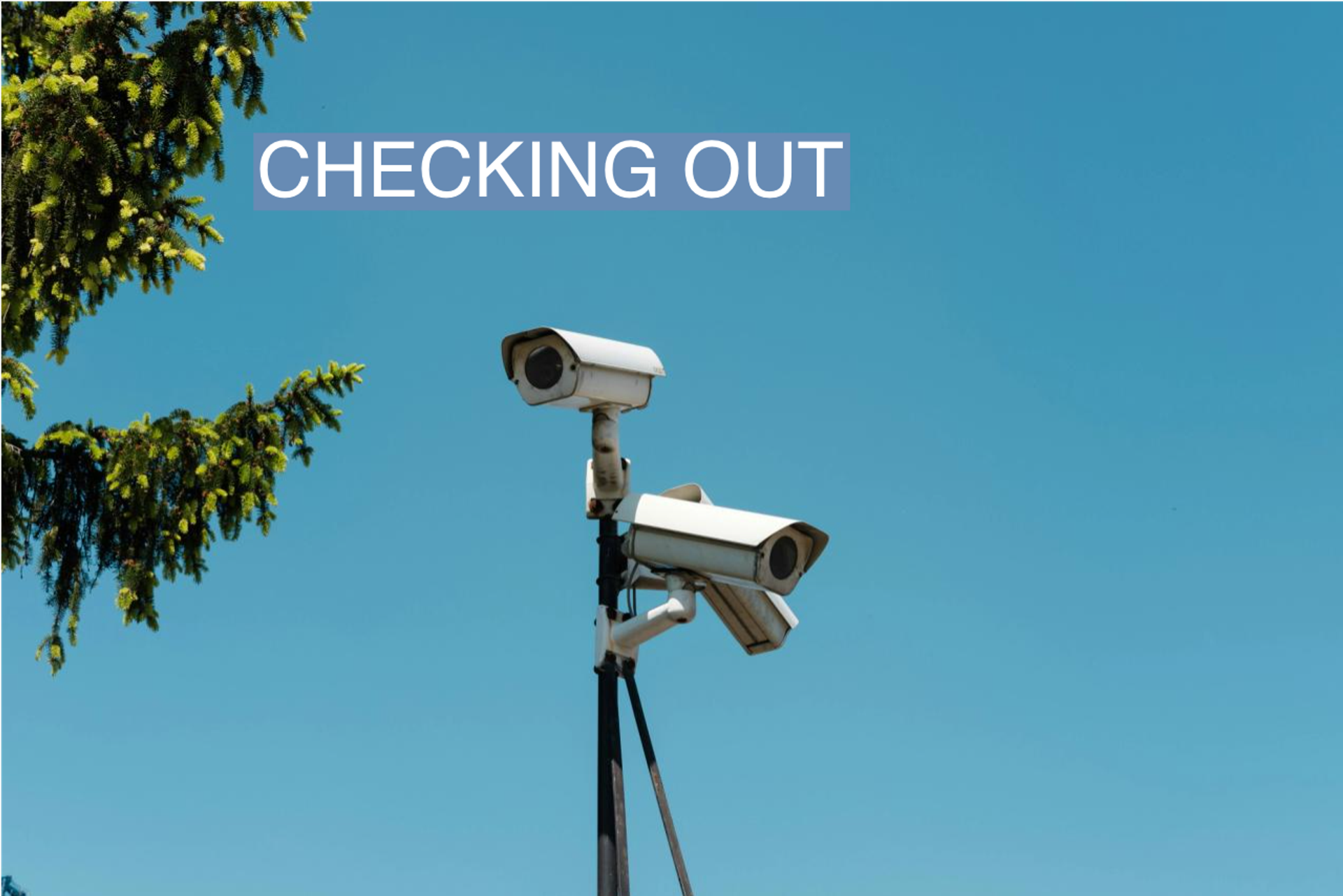The News
Authorities in several major Chinese cities have ordered hotels to stop using facial recognition technology to verify the identity of guests in a sign the government is responding to public concerns over privacy, financial news site Caixin reported.
Guests staying at hotels in Beijing, Shanghai, Shenzhen, and Hangzhou will now only be required to present identification in order to check in, according to state-run tabloid The Global Times.
Facial recognition is ubiquitous in public sector buildings across China — with cameras even present in public lavatories — and the ruling Communist Party sees the technology as integral to its extensive surveillance infrastructure.
However, the order is the latest sign that authorities are growing aware of the public’s concern over data privacy and comes afterBeijing last year issued new guidelines that would limit the implementation of facial recognition in privately run spaces such as gyms.
SIGNALS
Chinese public concerned about identity and data theft
China’s policing apparatus relies heavily on facial recognition software, but the introduction of draft laws governing private sector use of the technology last year revealed widespread fears over its intrusiveness, Semafor previously reported. And the use of facial recognition data to create deepfakes is also alarming the public, according to InsightInn, a WeChat tech blog.
Chinese tech bloggers and commentators praised the new hotel rules as a win for digital safety, saying it would help to prevent identity and data theft. “The benefits of facial recognition in the name of public safety are limited, but the risk to consumer privacy and sensitive personal information is very large,” stated Southern Weekly, a Guangzhou-based newspaper.
Public facial recognition part of state’s behavioral engineering plan
Public use of facial recognition, meanwhile, remains prevalent in China. Busy crosswalks have giant screens that display the faces of jaywalkers and register whether they are frequent violators of traffic laws, leading to a deduction from their social credit score, according to ABC Australia. This type of surveillance reinforces the government’s message that “‘we’re watching all the time, if you ever do anything to piss us off, we will see and we will find a way to embarrass you,’” one Washington-based surveillance expert told CNET. China has also used facial recognition software for more sinister purposes, such as monitoring Uyghur Muslims in Xinjiang, in “the first known example of a government intentionally using artificial intelligence for racial profiling,” according to The New York Times. However, China has significantly reduced its surveillance in Xinjiang this year, The Economist reported.
Chinese keyboard users at risk of data leaks
While facial recognition has ignited a debate over privacy, Chinese keyboards are a leading risk for leaking personal data. Eight of the nine most popular keyboard apps used by Chinese speakers on the mainland and worldwide fail to properly encrypt keystrokes, meaning hackers or other actors can track what messages users send, which websites they access, and personal data such as passwords or credit card information, according to the University of Toronto’s Citizen Lab Institute. Although there is no evidence to show these vulnerabilities have been exploited, the security barriers are so underdeveloped that hackers only need to be on the same wifi to gain access. That suggests “it’s likely [users] have already been taken advantage of by hackers,” according to the MIT Review.

